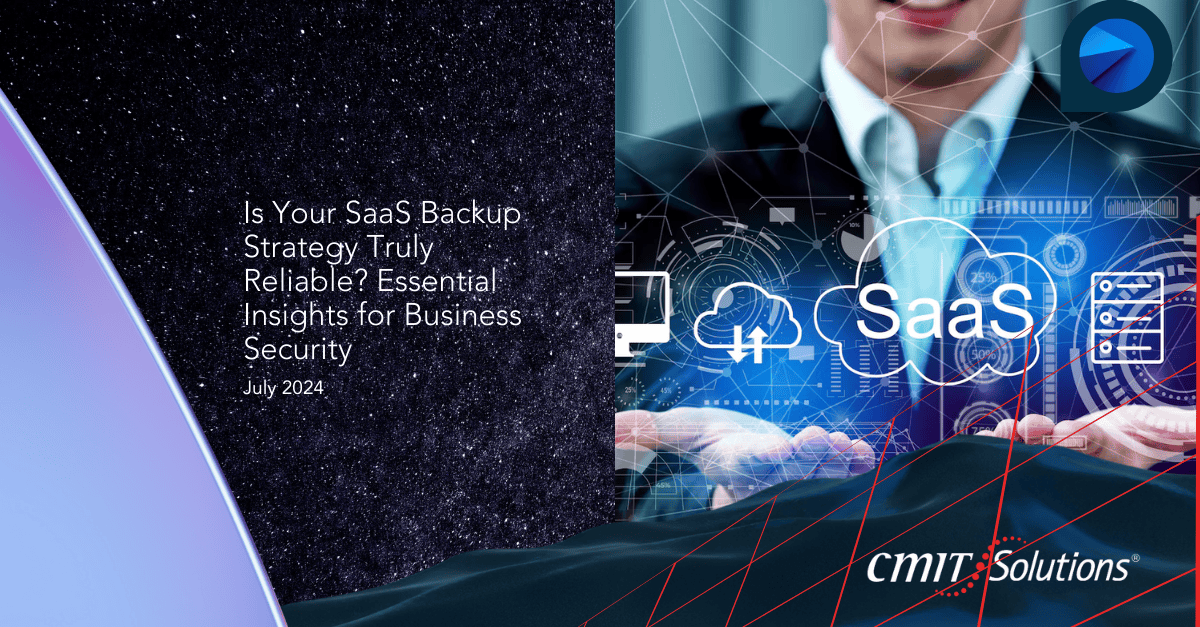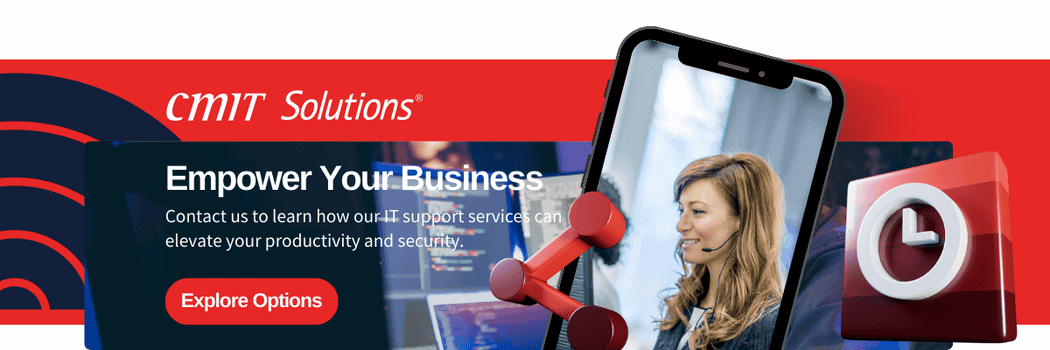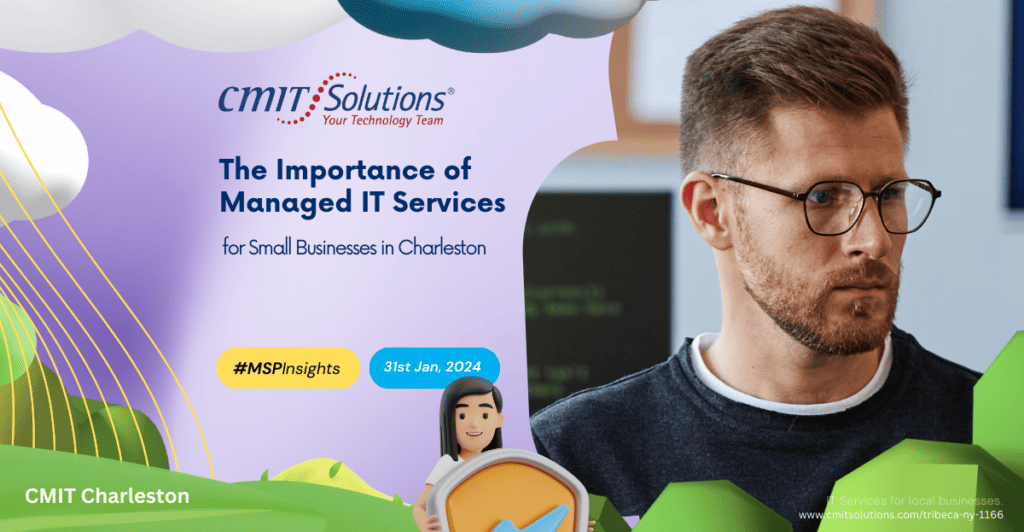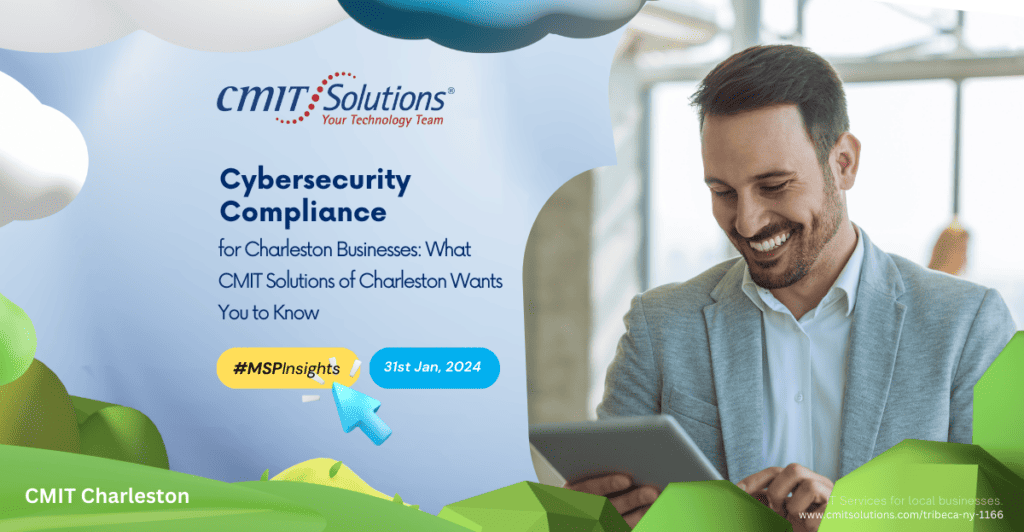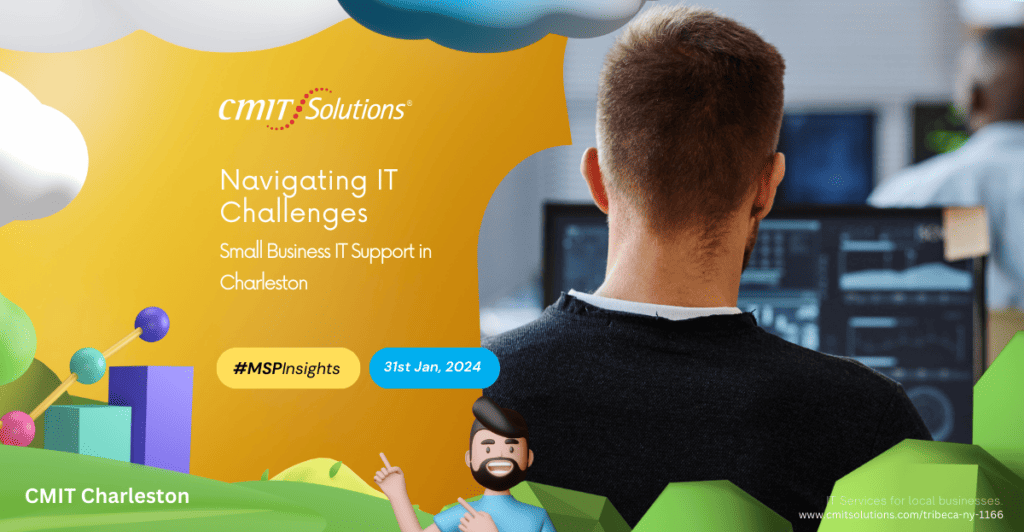In today’s business environment, reliance on Software-as-a-Service (SaaS) solutions is at an all-time high. These cloud-based services facilitate daily operations, streamline workflows, and enhance productivity.“Bachelorarbeit schreiben lassen” However, the convenience of SaaS applications also brings significant risks, especially regarding data security and backup. Being able to recover from data loss—whether due to human error, malicious actions like ransomware attacks, or technical failures—is crucial. Ensuring your SaaS backup strategy is robust and reliable is essential for keeping your business running smoothly, protecting your data’s integrity, and ensuring compliance with necessary regulations.
This blog delves into the challenges of SaaS backups, evaluates current strategies, and provides best practices for implementing effective backup solutions. By understanding the threats and adopting proactive measures, businesses can fortify their defenses and ensure their data is secure.
Understanding SaaS Backup Challenges
The Myth of SaaS Data Safety
Many businesses mistakenly believe that SaaS providers handle all aspects of data security, leading to a false sense of security. While SaaS solutions are convenient, the shared responsibility model clarifies that data protection isn’t solely the provider’s responsibility. Misconceptions, such as assuming providers manage all backup and recovery operations, can leave your data vulnerable to losses from accidental deletions, misconfigurations, or even malicious attacks. Companies must be proactive in their data protection efforts.
For more insights into understanding the shared responsibility model and its implications, visit our IT Services page.
Human Error vs. Malicious Attacks
Human error remains a significant threat to data security, often more frequent and impactful than malicious attacks. Simple mistakes, such as falling for phishing scams or incorrectly setting up security features, can lead to severe data breaches. These errors are exacerbated by the complexity and number of SaaS applications employees use today. To mitigate these risks, organizations need to focus on thorough training and robust security measures.
Explore how CMIT Charleston can help enhance your security measures on our Managed IT Services page.
Evaluating Your Current SaaS Backup Strategy
Importance of Regular Audits
Conducting regular audits is vital for maintaining an effective SaaS backup strategy. These audits help uncover weaknesses in how employees handle data or within the software itself. By identifying these vulnerabilities early on, organizations can address them before they lead to data loss. Regular audits also help ensure compliance with regulatory requirements, preserving data integrity and privacy.
For personalized assistance in conducting regular audits, contact us today.
Role of the Shared Responsibility Model
Understanding the Shared Responsibility Model is crucial when assessing SaaS backup strategies. This model outlines the security duties of both the cloud service provider (CSP) and the customer. While CSPs handle the security of the cloud infrastructure, customers are responsible for protecting their data within the cloud. This includes managing access controls, encrypting data, and ensuring secure user interactions. Recognizing your role in safeguarding your data is essential to avoid losses from user errors or malicious attacks.
Learn more about how CMIT Charleston can help you navigate the shared responsibility model on our Cybersecurity Services page.
Implementing Effective SaaS Backup Practices
Automated and Offsite Backups
- Cloud-Based Flexibility: SaaS backup solutions leverage cloud storage, offering scalability and flexibility. This eliminates the need for on-premise hardware, catering especially to businesses with remote teams or those lacking extensive IT infrastructure.
- Automation: These solutions automate the backup process, significantly reducing manual effort and minimizing the risk of human error. This ensures that backups are consistently performed without needing regular user intervention.
- Disaster Resilience: Storing backups offsite in the cloud means that local disasters like floods or fires won’t compromise your data integrity, as the data resides safely in multiple geographically dispersed locations.
For a deeper dive into cloud-based backup solutions, visit our Cloud Services page.
Ensuring Backup Data Integrity
- Regular Testing and Monitoring: Implement automated tools to regularly test and monitor backup integrity. This involves simulating restoration processes to ensure data can be effectively recovered and is not corrupted.
- Data Verification Techniques: Utilize checksum and hashing to verify the accuracy of backup data. These methods help detect any alterations or corruption in the data, ensuring that the backups are reliable and can be trusted for restoration.
- Redundancy Measures: Maintain at least two backup copies in separate locations to safeguard against data loss. This redundancy ensures that if one backup fails, another intact version is available for recovery.
To ensure the integrity of your backups, explore our Network Management services.
Tools and Solutions for SaaS Backup Security
Key Features to Look For
When selecting a SaaS backup solution, businesses should consider several crucial features to ensure robust data protection:
- Integration with SaaS Products: The backup software must seamlessly integrate with various SaaS applications like Office 365 or G Suite without disrupting existing operations.
- Data Storage Options: Solutions should offer flexibility in data storage, whether through cloud services or on-premises systems, to suit different organizational needs.
- Data Encryption and Security: Encryption techniques are essential to protect data from unauthorized access. Ensure the solution adheres to stringent security standards and compliance regulations.
- Data Restoration Capabilities: The ability to quickly restore data is crucial. Look for features that allow granular recovery and flexibility in restoration practices.
- Insider Threat and Malware Protection: Effective solutions should include mechanisms to protect against insider threats and malware, such as ransomware, which can encrypt backup data.
For more information on selecting the right SaaS backup solution, visit our IT Procurement page.
CMIT Charleston Partners with Industry Leaders
CMIT Charleston partners with top-tier providers to offer comprehensive data protection solutions. These partnerships provide essential security, replication, and failover capabilities through Disaster Recovery-as-a-Service (DRaaS), Backup-as-a-Service (BaaS), and Microsoft 365 Backup, ensuring businesses remain operational and their data secure.
Best Practices for Ongoing SaaS Backup Management
Regularly Testing Your Backup and Restore Process
- Conduct Frequent Testing: It is essential to test your SaaS backup and recovery solutions regularly to verify their functionality. This involves simulating real-world data loss scenarios to ensure that data can be restored quickly and accurately. Regular testing helps identify any gaps in your backup strategy and allows for timely adjustments.
- Review and Update Recovery Plans: As your organization evolves, so should your backup and recovery plans. Regular reviews will ensure that changes in technology and business operations are reflected in your backup procedures, minimizing potential vulnerabilities.
Learn more about our comprehensive IT Support services for regular testing and updating recovery plans.
Maintaining Backup Documentation and Policies
- Documentation of Backup Processes: Keep detailed records of backup and recovery procedures, including the types of data backed up, the frequency of backups, and the roles responsible for different tasks. This documentation is vital for maintaining operational consistency and can be crucial during recovery operations.
- Update Policies Regularly: Backup policies should be living documents that are updated regularly to reflect new business needs and technological changes. This includes adjusting the backup frequency, methods, and retention policies to ensure compliance and data integrity.
For assistance in maintaining and updating backup policies, visit our IT Guidance page.
FAQs
Why is it necessary to back up SaaS applications?
Backing up SaaS applications is crucial as it ensures the protection and recovery of essential business data stored in cloud-based services. The importance of SaaS backup varies among organizations depending on the critical nature of the data to their operations. For more information on safeguarding your SaaS data, visit our Cybersecurity Services page.
Is Azure Backup considered a SaaS or a PaaS?
Azure Backup is designed as a Platform as a Service (PaaS) from its inception. It is built to fulfill the expectations of customers looking to transform their IT infrastructure through cloud services. For assistance with Azure Backup, contact us today.
What are the essential features of a SaaS data protection solution for effective backup?
An effective SaaS data protection solution should offer secure and scalable data backup, quick and reliable data restoration, adherence to industry standards, and capabilities for verifying data integrity after restoration. To explore suitable solutions for your business, visit our IT Procurement page.
How does SaaS support disaster recovery efforts?
SaaS can significantly aid disaster recovery by providing readily accessible backups. This helps manage risks and reduce disruptions during outages, as team members can access crucial information like contact lists, calendar entries, inventory levels, and financial records to maintain basic operations. For comprehensive disaster recovery solutions, visit our Managed IT Services page.
For more information on how CMIT Charleston can help safeguard your organization from data breaches and other cyber threats, visit our home page or contact us. Let us partner with you to protect your business and empower your team to thrive in the digital age.
Conclusion
As we wrap up, it’s important to emphasize the need for regular audits, thorough staff training, and the use of advanced tools to boost SaaS backup security. Combining these strategies helps protect against the various threats modern organizations face. For those looking to improve their SaaS backup and recovery, consulting experts like CMIT Charleston can be a valuable step. Our specialized support can help organizations navigate digital threats and secure their critical data more effectively, promoting operational resilience and peace of mind.
For more information on how CMIT Charleston can help safeguard your organization from data breaches and other cyber threats, visit our home page or contact us. Let us partner with you to protect your business and empower your team to thrive in the digital age.

